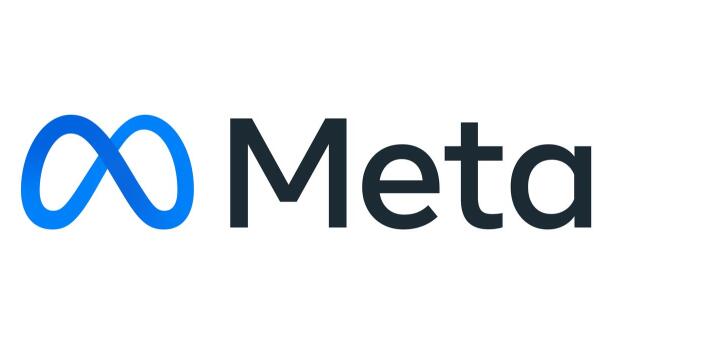When Mark Zuckerberg announced the new name for Facebook he did not just unveil the name Meta but a change of business direction.
He said the name Facebook doesn’t fully encompass everything the company does now and is still closely linked to one product. “But over time, I hope we are seen as a metaverse company.” What does that really mean?
In simple terms, it means we are moving away from just writing a post about this and that to living inside the social world. Zuckerberg tried to paint a picture of what that world would feel and look like by saying:
“in the metaverse, you’ll be able to do almost anything you can imagine — get together with friends and family, work, learn, play, shop, create — as well as completely new experiences that don’t really fit how we think about computers or phones today. “ He added that
“In this future, you will be able to teleport instantly as a hologram to be at the office without a commute, at a concert with friends, or in your parents’ living room to catch up. This will open up more opportunity no matter where you live. You’ll be able to spend more time on what matters to you, cut down time in traffic, and reduce your carbon footprint.”
This will not only be a place for just fun, it will be a place through which we work, learn and trade. This explains why Zuckerberg is throwing billions behind this project in the next few years. It also explains the rationale behind a search for more skilled people to build the Metaverse.
Although Zuck said, “the metaverse will not be created by one company.” In his own words, he pointed out that “It will be built by creators and developers making new experiences and digital items that are interoperable and unlock a massively larger creative economy than the one constrained by today’s platforms and their policies.”
The name Meta says it all. In fact, Jack Dorsey summed it up as follows in a tweet “meta: referring to itself or to the conventions of it’s genre: self re-ferential “ Zuckerberg and his company will be the builder of the metaverse and everyone else will build on the foundation that they would have built. This means that control of the metaverse may rest with and only Mark Zuckerberg unless someone prevents such a power grab.
We would be naive to think that this was just about a change of strategy. Facebook has been under intense scrutiny over the past several weeks, after revelations based on damning internal documents provided to the Wall Street Journal by whistleblower Frances Haugen showed, among other things, that Facebook’s Instagram platform had become a toxic place for teenagers, especially girls. And antitrust regulators are pushing for the company to be broken up, as public trust in the social media platform is flagging. This chapter just concludes a series of scandals that damaged the Facebook brand. Changing the name, just as some tobacco companies did when they were under scrutiny, was a logical step for Facebook. Whether it will assist with cleaning the reputation of the Mark Zuckerberg creation remains to be seen.
What we do know is that the same people who built and maintained the blue social network and attracted the attention of regulators for all the wrong reasons, will now build the virtual world and probably control it.
What that partly means is that if you were concerned about privacy, misinformation on Facebook, you now have better reasons to be concerned. What we’ve seen with Facebook is nothing compared with what is coming when Meta is fully-fledged. Mark Zuckerberg will become the landlord and all those who operate in the Metaverse will answer to him. The good news is that we know what happened in the past and we can anticipate how we will be treated in this new world. What was missed in the past at least by regulators was the development of guidelines for living in the social world hence the clumsy attempt to hold Zuckerberg accountable. Of course, we can’t blame legislators completely for being bypassed by the speed of innovation. What’s interesting and worth noting this time around again is that Zuckerberg is introducing something that regulators know little about. One can only hope the builders of the metaverse took lessons from building the social network that went out of control. This time around let’s hope they will build something that will be wholesome and valuable not just for shareholders but for society as a whole.







